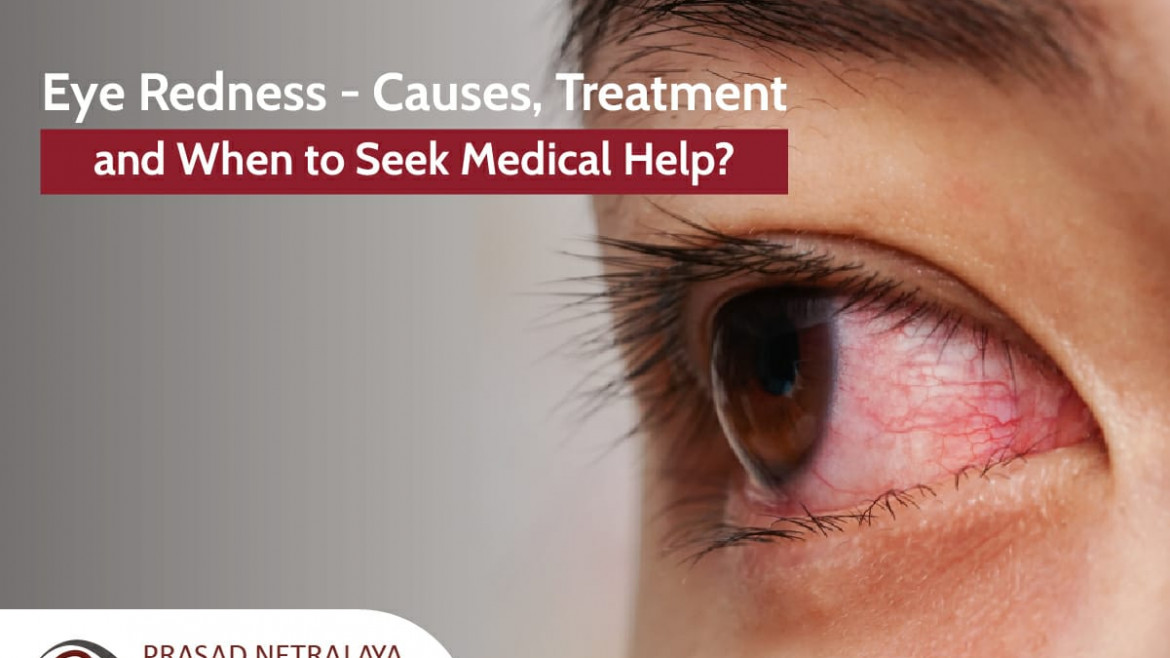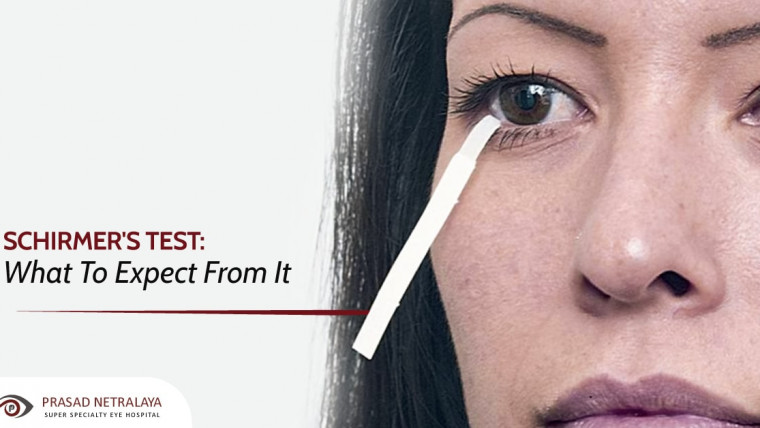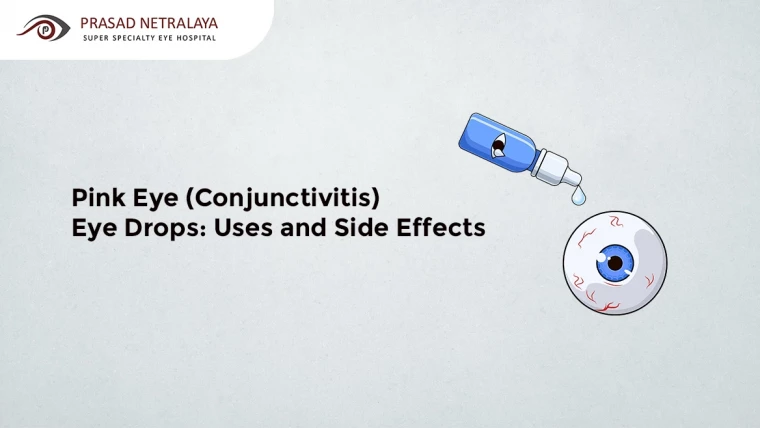You don’t always see an eye problem coming. No pun, intended. Especially when the symptoms are unclear or general like redness of the eyes. And that makes it necessary to learn more about it.
Eye redness occurs when the blood vessels in your eye become swollen or irritated. Redness, or bloodshot eyes, can point to several health problems anywhere from benign to severe, from serious early macular degeneration to just a case of debris in the eye.
It can be tough to pinpoint the actual cause of eye redness. This makes it important to at least have fundamental knowledge on the causes of redness of eyes, diagnoses, when to consult a specialist, and treatment for eye redness.
First, let’s take a look at some reasons for eye redness :
Table of Contents
Environmental factors
- Dry air
- Airborne allergens (causing eye allergies)
- Smoke (fire-related, second-hand cigarette smoke, etc.)
- Dust/Debris
- Chemical irritants (Chlorine in swimming pools)
Coughing and eye strain are other causes of eye redness, which can cause a specific condition known as subconjunctival hemorrhage. It may look serious, like a broken blood vessel in an eye, but often clears out in 7-10 days, unless there is pain.
Eye infections
A large number of eye redness reasons include infections of some sort. Eye infections often carry a string of other symptoms such as discharge, pain, and vision distortions.
Common reasons that cause red eyes include:
- Dry eyes
- Eye allergies
- Conjunctivitis (pink eye)
- Digital eye strain
Serious eye conditions that can cause red eyes include:
- Eye infections
- Eye trauma or injury
- Recent eye surgery (LASIK, cosmetic eye surgery, etc.)
- Uveitis
- Corneal ulcer
Aside from medical reasons, there are some lifestyle-related causes for eye redness as well, such as excess alcohol or marijuana consumption, consumption of narcotics, and excess time spent in front of screens (mobile, TV, laptops, etc.)
When Should You Call Your Doctor?
As we have seen so far, eye redness reasons can range from simple debris to potentially serious infections or trauma. That can make it complicated to judge the severity of the situation, and whether or not you need professional help.
Keep an eye out for symptoms, and make an appointment with your doctor for your eye redness if:
- your symptoms last longer than 1 week
- you become sensitive to light
- you experience pain in your eye
- you experience changes in your vision
- you have discharge from one or both of your eyes
In rare situations, the condition may worsen and you should seek immediate emergency medical services if:
- your eye is red after trauma or injury
- you see white rings like halos
- you feel nauseous or like vomiting
- you have a headache and blurry vision
Eye Redness Treatment
Depending on your diagnosis, the treatment can significantly differ. A diagnosis of conjunctivitis or blepharitis can be treated at home with a lot of rest to the eyes. A warm compress may help reduce the symptoms over time.
Symptoms like pain or discharge, vision changes, irritation, etc. must be taken seriously and a visit to the doctor beckons. The doctor will then diagnose your condition by judging your symptoms and is likely to prescribe medications and/or eye drops to alleviate the symptoms. Eye patches are advised in cases where light might be an irritant and the eyes need darkness and time to recover.
In Conclusion
Learning about the causes of eye redness and how to assess its effects is important. Not all eye redness problems are severe and can be treated easily with basic care and attention at home. But it is imperative that any case of eye redness and its symptoms are monitored with great care. Always better to be safe than sorry. In case of any uncertainty over a situation, reach out to highly-skilled experts at Prasad Netralaya and book an eye appointment by calling +91 9513596565. You can also book a teleconsultation here.
Dr. Vikram Jain, M.S. had his medical training (MBBS) from Kasturba Medical College, Mangalore, India. He did his master’s in Ophthalmic surgery from Kasturba Medical College, Manipal. He currently manages the Glaucoma department of Prasad Netralaya hospital.



